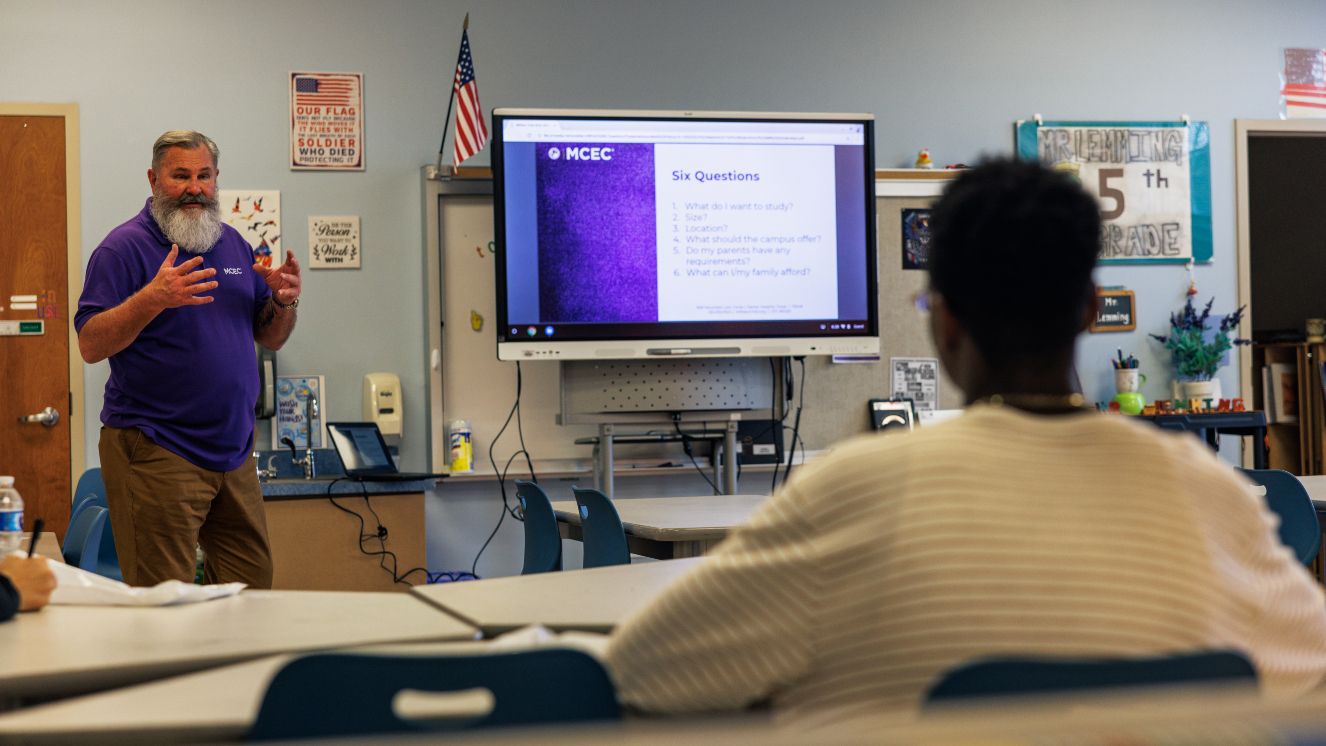UNCLE TOM’S CABIN: CATALYST FOR CIVIL WAR ABOLITIONISM
COMMENT
SHARE

You can list a lot of literature in the history of the United States but you’d be hard-pressed to find one more influential than Uncle Tom's Cabin. While many books may be influential and even instrumental in advancing the craft of writing, the impact of Harriet Beecher Stowe’s greatest work was empowering enough to help influence a massive change in our country, and ultimately, it was one of many reasons for the American Civil War. Stowe was able to evoke new ideas and change the narrative on slavery in our country, despite having her own conflicting views against Blacks in America.
Uncle Tom’s Cabin: Influencing Civil War Abolitionism
Uncle Tom's Cabin remains one of the most influential novels to come from an American author. It had its place in helping bring about the American Civil War.
Although the book isn’t solely responsible for America’s deadliest conflict, Uncle Tom's Cabin helped bring about the Civil War because it was able to change the discussion of slavery in the US while fueling support for abolitionists.
Harriet Beecher Stowe took the cruelty of slavery in the antebellum South and placed it right in front of a wider audience forcing uncomfortable conversations about the state of our nation and the practices sustaining it.
The Civil War still could have happened without Uncle Tom's Cabin; however, its influence on the culture would help accelerate the conflict as more Northerners joined the antislavery movement.
While the book did help those in the North get behind the idea of abolishing slavery, it also created a greater divide in the nation.
Several Northerners grew stronger in their feelings about getting rid of slavery, yet, many Southerners became more defensive and vocal in their support of the immoral practice.
Harriet Beecher Stowe Comes Into Question
Uncle Tom’s Cabin and the Civil War will always be closely connected; however, its author remains a somewhat controversial and intriguing part of the conversation.
It’s easy to simply say Harriet Beecher Stowe is a product of her time, a factor in all of the historical significance her work would bestow to the world.
However, while Uncle Tom's Cabin and the Civil War had decisive views involving slavery, Stowe’s own views on Blacks in America complicated matters.
Despite being against the horrors of slavery, Stowe was not exactly a supporter of equal rights for Blacks. He wanted to send Blacks back to Africa, and privately used derogatory language to describe African Americans among her peers.
Even within Uncle Tom's Cabin, you’ll find plenty of racial stereotypes. A fitting reminder that while many white Americans opposed slavery, they didn’t necessarily believe Blacks were their equal.
Because of her disparaging views, and the fact that Stowe was a white woman, many critics wondered why she had the authority to speak on the issue of slavery and represent the experience of those who lived through it.
To Stowe’s credit, in researching her book, she worked to get firsthand knowledge of slavery through testimonies and by gathering facts from those who were involved.
However, it’s the stereotypes that showed her limited understanding of Blacks which dilute some of the message.
Regardless, Uncle Tom's Cabin had a lasting effect on the Civil War, started debates on slavery, and ultimately helped change the course of history.
Civil War Abolitionism: Uncle Tom’s Cabin's National Impact
Slavery is no more in the United States and while one book didn’t make this possible, it sure helped change the narrative.
States’ rights, several issues involving slavery, and smaller, connected issues brought about the Civil War, but the social aspect of everything cannot be ignored.
Uncle Tom’s Cabin’s impact on the Civil War continues to be studied and a poignant topic of discussion among historians and students today.
Suggested reads:
- The USS Washington: A Navy Submarine's Journey to the Top Unit Award
- A Haunting Look: The Hunt For Civil War Ghosts
- Vet Daniel Penny Update: Jury Is Being Selected in NYC Subway Case
Sources:
Stowe's Global Impact, Harriet Beecher Stowe Center. Accessed September 2024. https://www.harrietbeecherstowecenter.org/harriet-beecher-stowe/her-global-impact/
From Pen to Sword…,William P. Leeman, Ph.D. Accessed September 2024. https://salve.edu/document/uncle-toms-cabin
Join the Conversation
BY BUDDY BLOUIN
Buddy Blouin is a Contributing Writer at VeteranLife.com
Buddy Blouin is a Contributing Writer at VeteranLife.com



